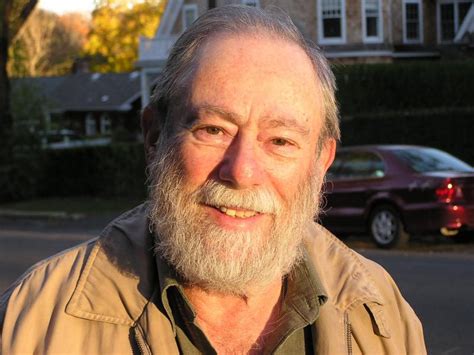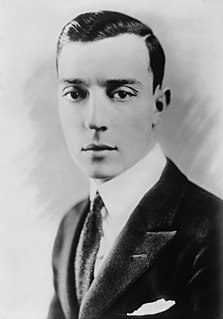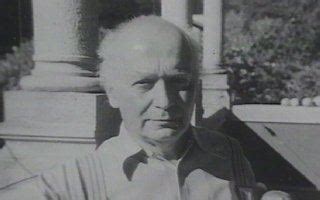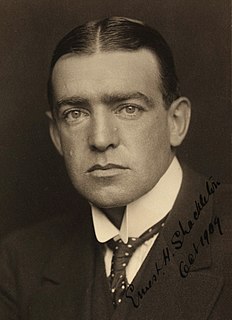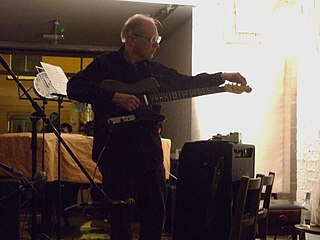A Quote by Marvin Bell
Poetry is the least imposition on silence in a world of chatter.
Related Quotes
Our view of man will remain superficial so long as we fail to go back to that origin [of silence], so long as we fail to find, beneath the chatter of words, the primordial silence, and as long as we do not describe the action which breaks this silence. the spoken word is a gesture, and its meaning, a world.
A silence is needed before death, before life, before love. If you love a person you sit silently with the person. You would not like to chatter, you would like to just hold their hand and live and be silent in that moment. If you chatter, that means you are avoiding the person - love is not really there. If you love life, chattering will drop, because every moment is so filled with life that there is no way, no space to chatter. Each moment life is flooding you so vitally - where is the time to gossip and chatter?
Words stand between silence and silence: between the silence of things and the silence of our own being. Between the silence of the world and the silence of God. When we have really met and known the world in silence, words do not separate us from the world nor from other men, nor from God, nor from ourselves because we no longer trust entirely in language to contain reality.
Many things that human words have upset are set at rest again by the
silence of animals. Animals move through the world like a caravan of
silence. A whole world, that of nature and that of animals, is filled
with silence. Nature and animals seem like protuberances of silence.
The silence of animals and the silence of nature would not be so great
and noble if it were merely a failure of language to materialize.
Silence has been entrusted to the animals and to nature as something
created for its own sake.
The world is not yet finished, but everyone is behaving as if everything was known. This is not true. In fact, the computer world as we know it is based upon one tradition that has been waddling along for the last fifty years, growing in size and ungainliness, and is essentially defining the way we do everything. My view is that today’s computer world is based on techie misunderstandings of human thought and human life. And the imposition of inappropriate structures throughout the computer is the imposition of inappropriate structures on the things we want to do in the human world.
I don't know that I had a sense that there was such a thing as "the poetry world" in the 1960s and early 70s. Maybe poets did, but for me as an onlooker and reader of poetry, poetry felt like it was part of a larger literary world. I mean, even the phrase "the poetry world" reflects a sort of balkanization of American literary and artistic life that has to some extent happened since then.
Sometimes I need silence; sometimes I need voices around - but not too loud or distinctive. I guess it depends on the piece in question, what stage I'm in. I think some voices can help me not to try too hard - especially at the beginning stages. Does that make sense? By some voice I mean, low chatter in the room. When there's low chatter in the room, I'm a little more relaxed, my mind might be a little more open.
